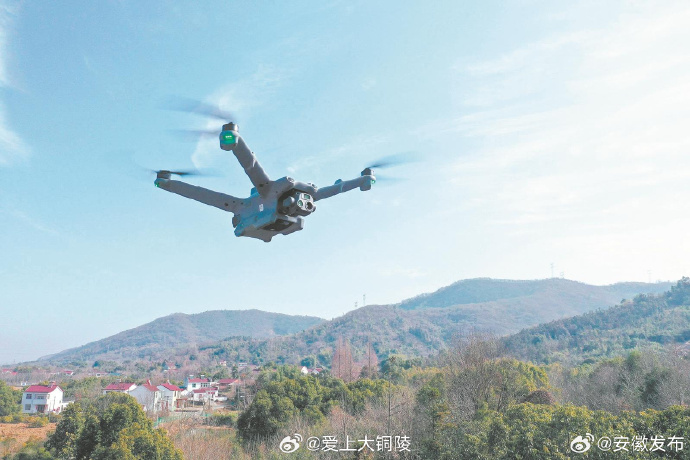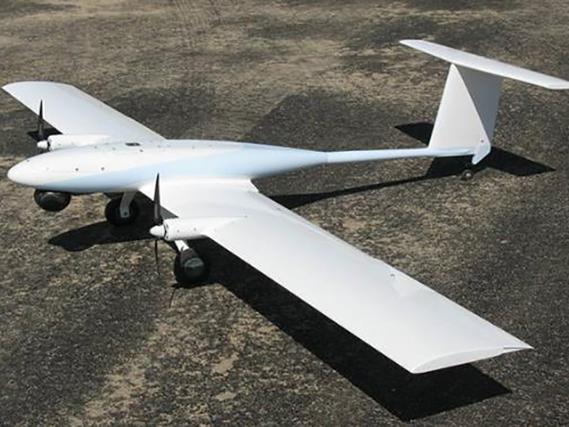In recent years, the integration of AI and drones has sparked significant transformation across various sectors, revolutionizing traditional methods and unlocking new possibilities. As technology advances, AI-driven drones are not only flying higher and faster but are also capable of undertaking complex tasks with unprecedented precision. These innovations are reshaping industries such as agriculture, healthcare, logistics, and emergency response.
The agricultural sector has seen remarkable progress through the use of AI-powered drones. Automated drones equipped with sensors and cameras can efficiently monitor large fields, gather critical data on crop health, soil conditions, and pest infestation. This wealth of information allows farmers to optimize their crop management practices, boost productivity, and reduce costs. Machine learning algorithms analyze the data collected, offering insights and actionable recommendations that improve yield quality and sustainability.
Healthcare Revolution with AI and Drones
Drones are making a significant impact in health services, especially in remote areas where access to medical supplies and professional care is limited. AI-powered drones can deliver essential medications, vaccines, and blood products quickly and safely. Advanced navigation systems ensure precise delivery, even in challenging terrains, drastically reducing response time during emergencies. Moreover, AI-enabled aerial surveys help assess disaster impacts rapidly, allowing timely medical interventions.
Within logistics and supply chain management, AI and drones are equal game-changers. Drones facilitate faster delivery processes, circumventing traffic congestion and geographical obstacles. They also enhance inventory management by performing automated audits and data analysis, significantly reducing human errors. Companies can rely on this technology to improve efficiency, cut operation costs, and meet increasing consumer demands.
The ability of drones to operate in diverse and high-risk environments makes them invaluable in emergency services. AI-equipped drones can locate missing persons, track wildfires, and assess damage after natural disasters. This technology not only aids in disaster preparedness but also ensures swift recovery efforts. By providing real-time data to crisis responders, drones equip them with essential information to undertake rescue operations effectively.
Considerations and Challenges
Despite the obvious advantages, the widespread adoption of AI and drones confronts several challenges. Privacy concerns arise as drones collect vast amounts of data, necessitating robust security measures to protect sensitive information. Rules and regulations need to evolve to accommodate this technology’s rapid growth while ensuring safety and accountability. Another challenge is the ethical implications of deploying autonomous drones across populated areas—a topic that demands thorough consideration.
AI and drones are undeniably transforming the world’s landscape, setting the stage for unprecedented progress. As they continue to evolve, industries must adapt and innovate to harness their full potential. Embracing this technology will pave the way for greater efficiency, sustainability, and success.
FAQs
How are drones contributing to environmental conservation?
Drones equipped with AI systems assist environmentalists in monitoring ecosystems, tracking endangered species, and assessing climate change impacts. By offering aerial perspectives, drones gather detailed data that aids in the conservation efforts and formulation of effective policies.

What are the potential risks associated with using AI in drones?
While AI in drones offers advantages like improved efficiency and automation, potential risks include data security issues, malfunction concerns, and the need for ethical guidelines to govern their deployment in civilian areas.